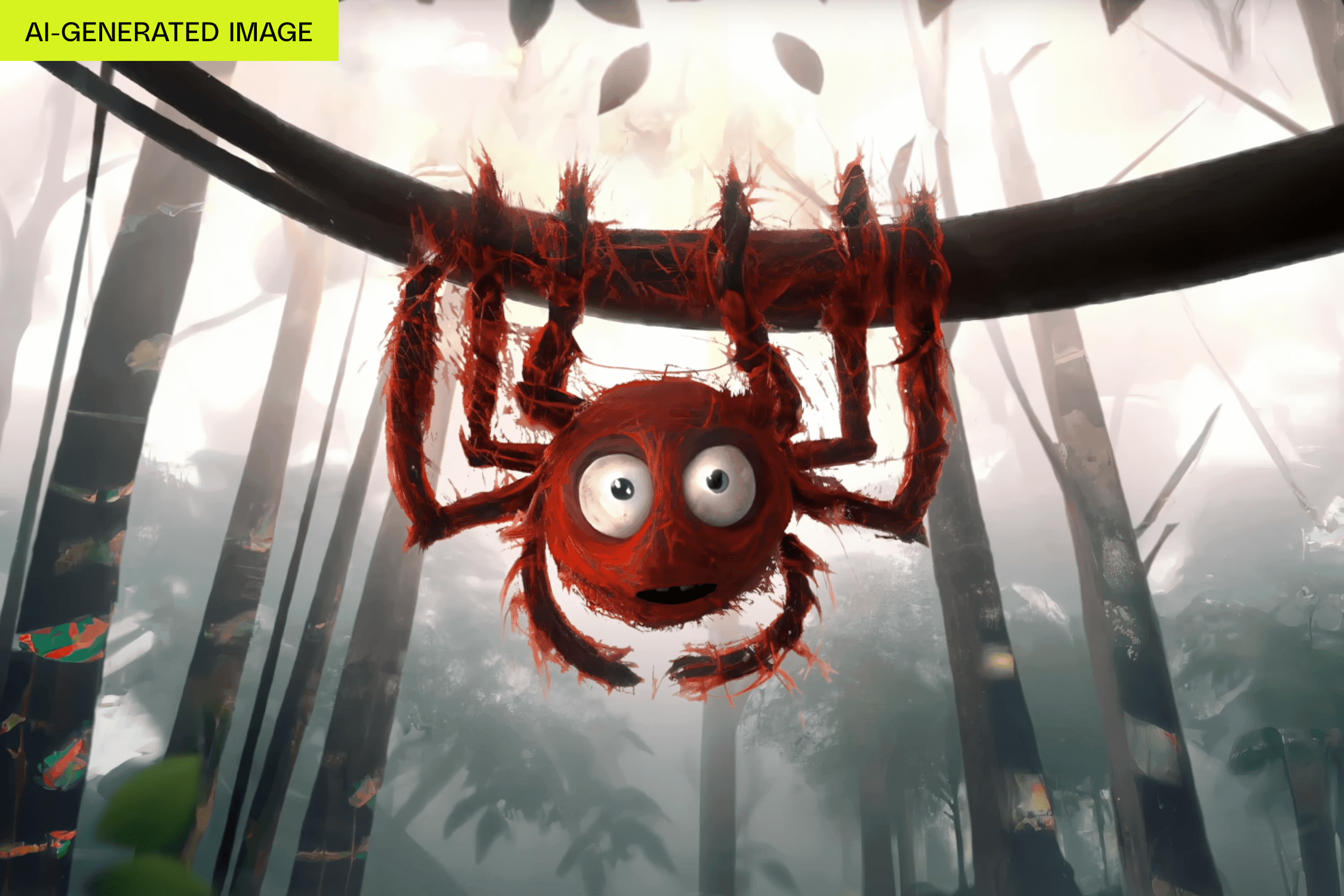Hollywood's biggest studios are placing massive bets on generative AI, even as the technology struggles with basic video production tasks. OpenAI just announced a $30 million AI-generated film called Critterz, while Lionsgate partnered with Runway to create custom AI models. But behind the hype, technical limitations and copyright lawsuits are exposing the gap between Silicon Valley promises and entertainment industry reality.
OpenAI just dropped a $30 million bet on Hollywood's AI future, and the industry can't decide if it's genius or madness. The company's upcoming animated film Critterz represents the biggest single investment in AI-generated entertainment yet, designed to prove that studios can produce entire movies without traditional animation teams. But the move comes as other high-profile AI partnerships are quietly falling apart behind the scenes.
Lionsgate learned this the hard way. The studio's much-hyped partnership with Runway to create custom AI models trained on their film catalog has hit a wall. According to industry reports, Runway's technology simply can't generate usable footage from Lionsgate's portfolio - the dataset isn't large enough for the model to produce consistent, high-quality output. The studio had bragged about creating anime adaptations of live-action films in hours, but reality proved more stubborn than the marketing materials suggested.
This hasn't stopped Silicon Valley's biggest players from doubling down on Hollywood. Google and Meta have been making the rounds with major studios over the past few months, offering millions in partnership deals. Amazon recently invested in Showrunner, a startup billing itself as the "Netflix of AI" that specializes in text-prompted animation generation. The tech giants see Hollywood as the ultimate proving ground for generative AI's commercial viability.
The timing couldn't be more strategic. Hollywood is facing its worst production slump since 2024, with studios like Disney, Paramount, and Warner Bros. Discovery slashing spending after years of streaming losses. Box office revenue remains below pre-pandemic levels, and securing greenlights for new projects has become increasingly difficult. Against this backdrop, AI companies are positioning their technology as the solution to ballooning budgets and uncertain returns.
But the industry's early experiments with AI haven't inspired much confidence. Marvel's Secret Invasion showcase of generative art was widely mocked, while projects like the AI-enhanced Wizard of Oz at Las Vegas's Sphere have been criticized as "mutilation" rather than restoration. Most current AI models can only generate a few seconds of footage with inconsistent visual details and limited fine-tuning controls.












